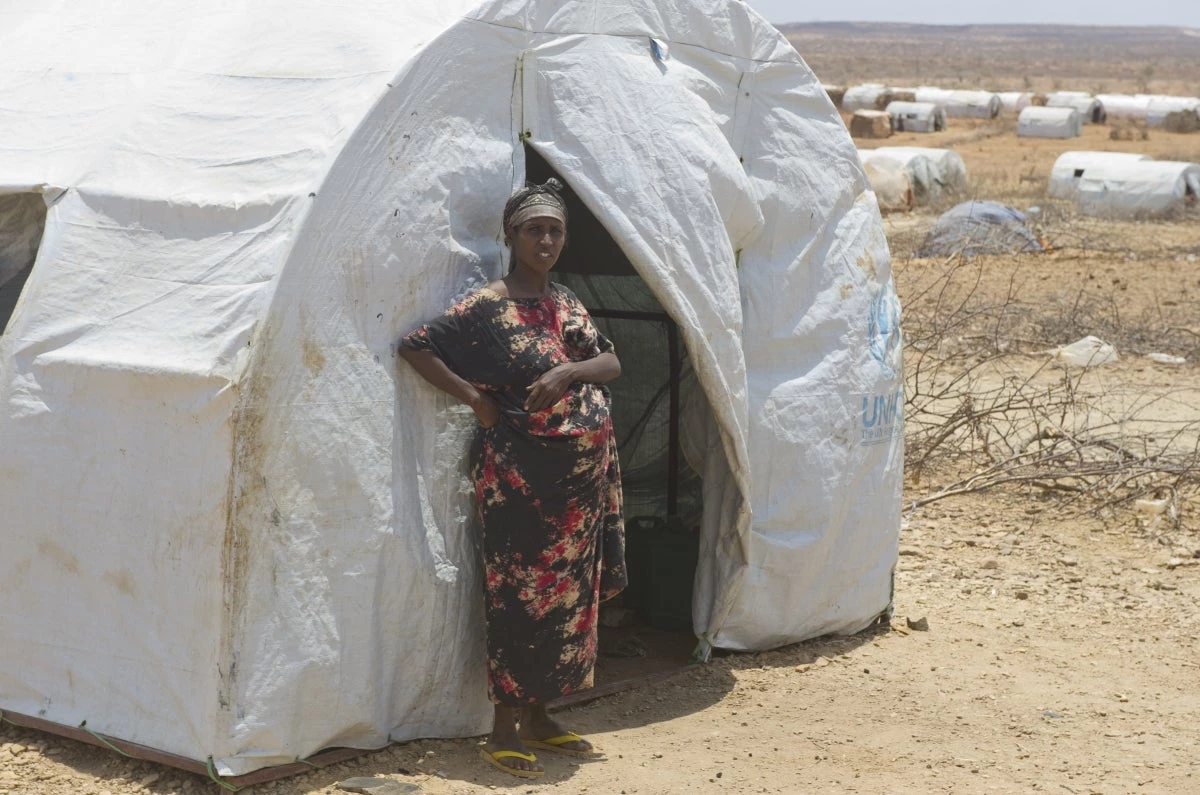The U.N. Climate Change Conference in Durban, South Africa, is in full swing now, aiming to reach consensus and agreements on addressing the climate challenge by its close on December 9. While there are high expectations, people also realize that this is not an easy issue to tackle. Uncontrolled, man-made carbon emissions, which climbed to a new record of 30 billion tons worldwide in 2010, are at the core of the climate change dilemma. Curbing this trend is not only a daunting multisectoral task that demands sophisticated technical solutions, but its complexity is intensified by disagreements among countries on the size of the problem and what to do about it.
Climate change should matter to all of us, since changing weather patterns, including more frequent extreme climate events (e.g., the 13 warmest years on record have been in the last 15 years) and natural disasters (e.g. in some regions the number of particularly large hurricanes has increased), negatively impact the lives and well being of ALL people—the raison d’être of development. In this context, climate change should be seen as a critical health challenge that demands increased attention and management. Why?
A landmark 2009 report by The Lancet Commission documented how climate change over the coming decades could have a disastrous effect on health conditions across the world. There are both direct and indirect health threats through changing patterns of disease, water and food insecurity, vulnerable shelter and human settlements, extreme climatic events, and population growth and migration.
But, as the report highlighted, while vector-borne diseases will expand their reach and death toll as a result of climate change, the indirect effects on potable water, food security, and extreme climatic events are likely to have the biggest negative effect on health conditions.
If the negative impacts of climate change are not mitigated, they will only exacerbate existing global health inequities, particularly affecting the poorest and less developed countries, such as those in Sub-Saharan Africa. Indeed, these impacts on the social determinants of health have the potential to magnify vulnerability among the poorest African communities, which are already easy prey to a variety of shocks—economic, health-related, natural disasters and armed conflicts—which tend to perpetuate poverty across generations, increase ill health and disability, and cause premature mortality undermining competitiveness, employment and wealth creation.
Focusing on climate change and the potential negative health sequelae and mounting a preemptive and sustainable response to limit their damage is critical to reduce vulnerability, build resilience, and contribute to realizing the full potential of Africa’s economic and social transformation in the 21st Century.
The management of climate change impacts will require the adoption and adaptation of multisectoral approaches coupled with participation, collaboration, and consensus between governmental agencies, civil society, private sector, local governments, communities, and international organizations to formulate and implement policies aimed at reducing carbon emissions, particularly in fast-growing cities, which account for two-thirds of energy demands and emissions.
In the health sector, we need to transcend traditional biological and medical approaches by focusing on the social determinants of disease to better understand how climate change impacts health. This will enable us to define more effective responses—that can complement and maximize other efforts such as technical solutions to reduce emissions and measures to mitigate the negative impact of climate change on the population. In order to help reduce vulnerability and build resilience in countries, it is imperative we continue supporting countries to ensure that strengthened and well-operating public health systems (e.g. basic public health laboratories and epidemiological surveillance systems and epidemiological intelligence capacity) are developed and maintained to anticipate, prevent, and deal with adverse health outcomes associated with climate change. Although the task at hand is difficult, it can be accomplished if we start acting now.
Related blog post: http://blogs.worldbank.org/health/crying-wolf-contagion-is-a-real-threat




Join the Conversation